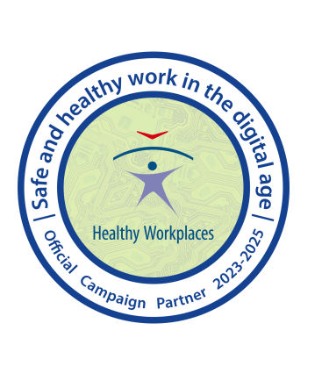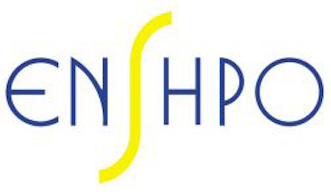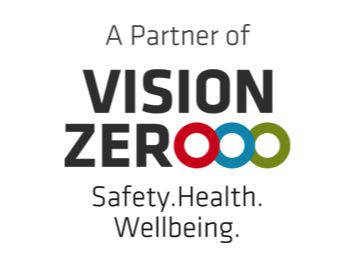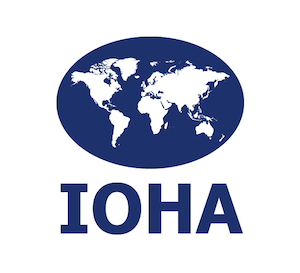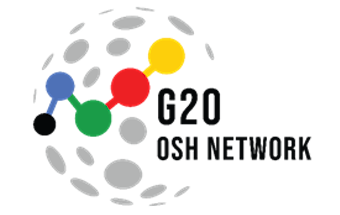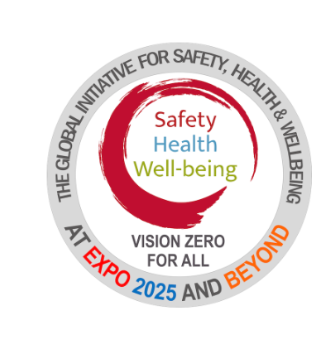ENETOSH Standard
Development of a joint standard of competence for teachers and trainers in occupational safety and health in Europe
ENETOSH’s special focus is on improving the competences of teachers and trainers as the determining factor for high-quality education and training in OSH. Well-qualified teachers are key to developing a culture of prevention in Europe. They need appropriate competences to ensure the transfer of knowledge about safety and health; to promote changes in perceptions, attitudes and behaviour in children and adults regarding their own safety and health; and to foster the establishment of a safety and health culture in schools and workplaces.
Taking its lead from the debate on the European Qualifications Framework (EQF) held by ministers of education and training, European social partners and the European Commission, ENETOSH has developed a standard containing competence profiles for teachers and trainers in OSH.
The standard covers four fields of competence:
1. Education and training
2. Safety and health at work
3. Workplace Health Promotion (WHP)
4. OSH Management
The ENETOSH Standard of Competence describes knowledge requirements and behaviour-related requirements (skills and broader personal competences) for a teacher, trainer or instructor in safety and health.
The standard consists of an overview of the qualification requirements and checklists for each competence area.
Teachers and trainers can use these checklists to self-assess their competences. In addition, these checklists can support educational institutions in recruiting and developing staff. At national level, the standard can be used for certification purposes.
The competence areas of the ENETOSH standard are assigned to level 6 (competence areas 1 and 2) and level 5 (competence areas 3 and 4) of the European Qualifications Framework (EQF).
The ENETOSH standard was developed in two phases: In the project phase funded by the European Commission from 2005 to 2007 (2005-146 253) and in the context of a validation study carried out by the Dresden University of Technology on behalf of the Institute for Work and Health of the German Social Accident Insurance (DGUV) from 2008 to 2010.
The standard developed during the ENETOSH project phase was recognised by 14 institutions from 10 European countries and translated into 11 languages.
Publications:
ENETOSH Standard EN
ENETOSH Standard DE
Report "Standards in education and training for safety and health at work – European perspectives, promising developments and examples of good practice” in English here and in German here

